12 Overhyped ’70s Bands That Weren’t as Great as Everyone Thought
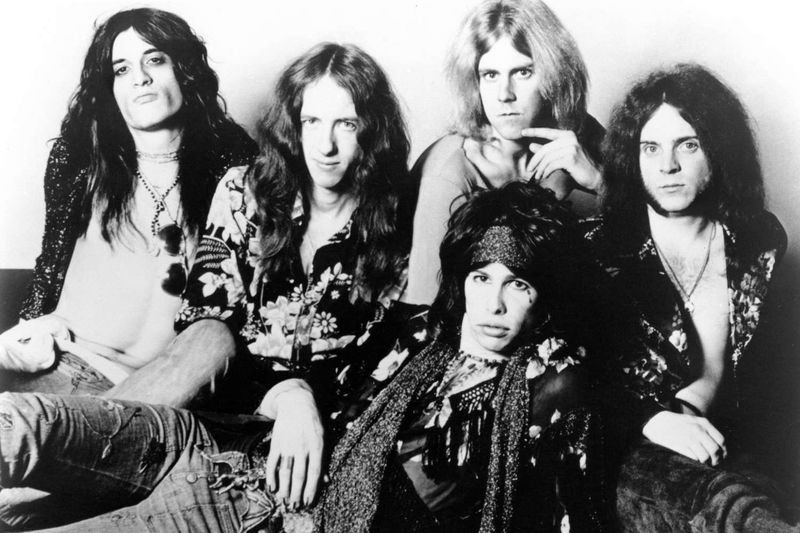
The 1970s gave us some of rock’s biggest legends, but not every band lived up to their massive hype. While these groups sold millions of records and packed arenas, many critics argue their fame outweighed their actual musical contributions. Some relied too heavily on image, others played it safe with predictable formulas, and a few simply benefited from being in the right place at the right time.
1. KISS
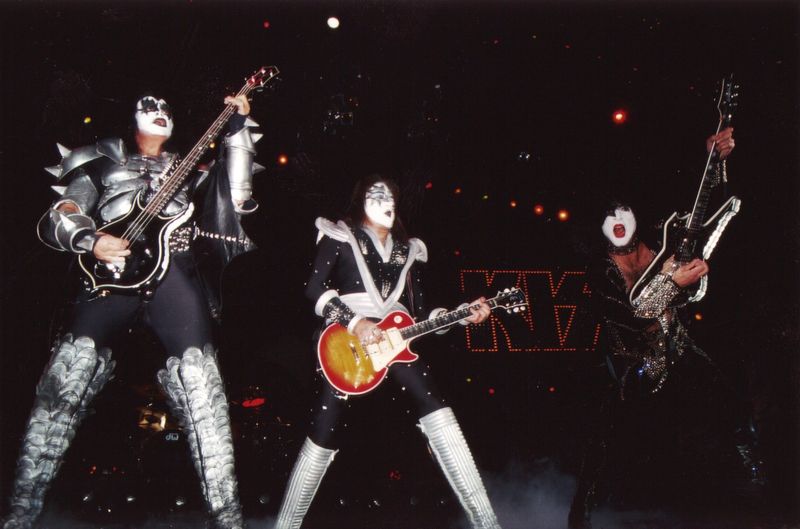
Fire-breathing demons in platform boots made KISS impossible to ignore during the ’70s rock scene. Their theatrical stage shows featured pyrotechnics, blood-spitting, and elaborate costumes that turned concerts into full-blown spectacles.
Behind all that makeup and merchandising, however, critics found the songwriting surprisingly simple. Many of their early hits relied on basic chord progressions and repetitive lyrics. The band’s image became their biggest selling point rather than musical innovation.
Gene Simmons and Paul Stanley created a brand that sold everything from lunchboxes to comic books. While their marketing genius can’t be denied, some argue the music took a backseat to the business empire they built around their demon personas.
2. Foreigner
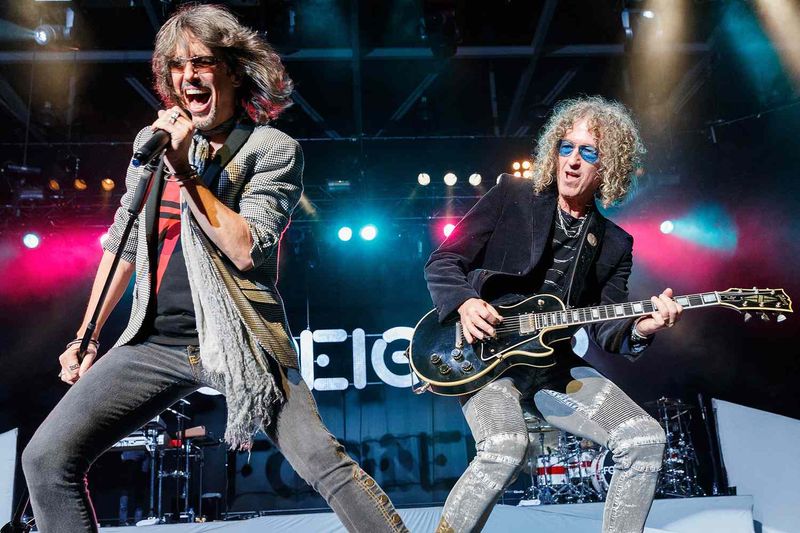
Radio stations couldn’t get enough of Foreigner’s arena-ready anthems throughout the late ’70s. Songs like “Feels Like the First Time” and “Cold as Ice” dominated airwaves with their polished production and sing-along choruses.
Critics often pointed to their formulaic approach to songwriting as evidence of playing things too safe. The band seemed to follow a blueprint for commercial success rather than pushing creative boundaries. Their chord progressions became predictable, following patterns that guaranteed radio play but sacrificed originality.
Mick Jones crafted songs designed for maximum commercial appeal rather than artistic risk-taking. While this strategy filled stadiums and sold records, it left many wondering what Foreigner might have accomplished with more adventurous songwriting choices and less focus on guaranteed hits.
3. Journey
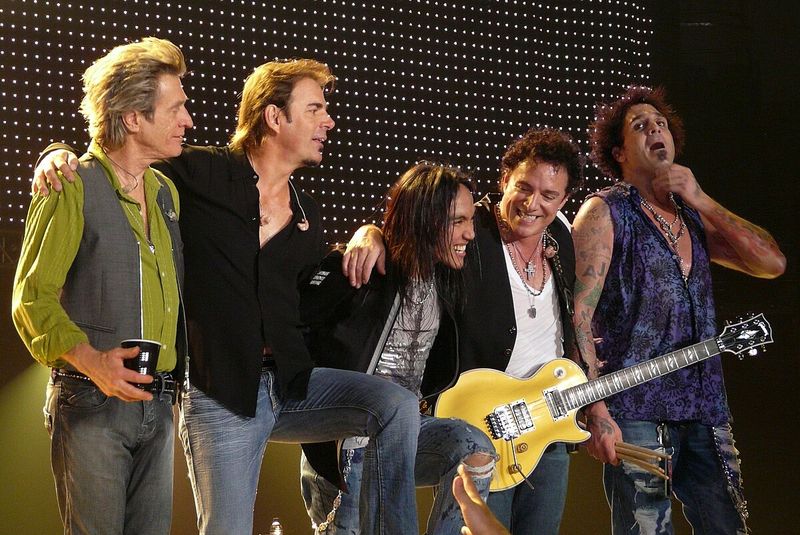
Before Steve Perry’s soaring ballads made them superstars, Journey spent the ’70s searching for their musical identity. Their early albums featured more progressive rock elements and instrumental experimentation that never quite clicked with mainstream audiences.
Many fans and critics argue that Journey’s ’70s output paled in comparison to their ’80s commercial peak. The band seemed caught between their jazz-fusion roots and the arena rock direction they eventually embraced. This period produced some solid tracks but lacked the memorable hooks of their later work.
Neal Schon’s guitar work showed promise, but the songs often felt incomplete or unfocused. The hype around Journey built more on their eventual transformation into ballad masters rather than their earlier, more adventurous material that failed to leave lasting impressions.
4. Supertramp

Supertramp’s polished studio sound made songs like “The Logical Song” instant classics on FM radio. Roger Hodgson’s distinctive vocals and Rick Davies’ keyboard work created a sophisticated pop-rock blend that appealed to both critics and casual listeners initially.
Beneath the glossy production, however, many found their lyrics surprisingly shallow. Songs that seemed profound on first listen often revealed themselves as clever wordplay without much substance. Their emotional delivery sometimes felt calculated rather than genuine, lacking the raw passion of their contemporaries.
The band’s safe, middle-of-the-road approach pleased radio programmers but disappointed those seeking cutting-edge innovation. While technically proficient, Supertramp chose commercial appeal over artistic risk-taking, resulting in music that sounded impressive but rarely challenged listeners or pushed musical boundaries forward.
5. The Eagles
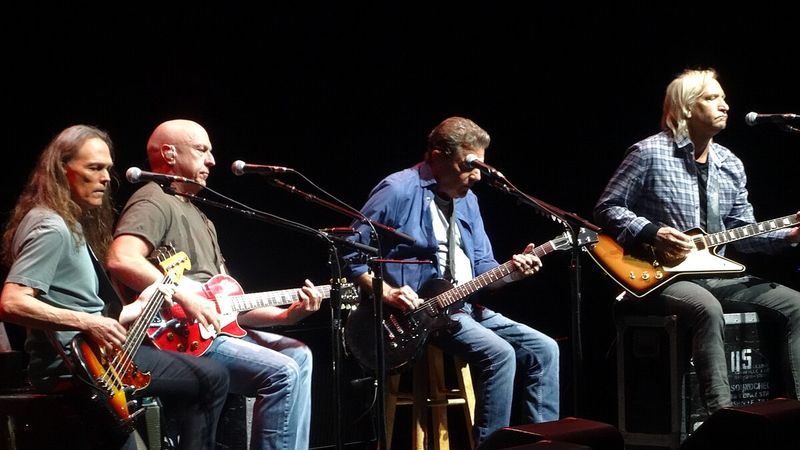
California’s laid-back lifestyle found its perfect soundtrack in The Eagles’ harmonious blend of country and rock. Their mythology became as important as their music, representing a sun-soaked dream of West Coast living that captivated audiences worldwide.
Critics argue that this carefully crafted image sometimes overshadowed genuine artistic risk-taking. The band’s later work especially seemed more concerned with maintaining their brand than exploring new musical territories. Their harmonies were undeniably beautiful, but some songs felt like calculated attempts to recreate past successes.
Don Henley and Glenn Frey created undeniable classics, yet their perfectionist approach sometimes stripped away the spontaneity that makes great rock music memorable. The Eagles became victims of their own success, with expectations forcing them into a comfortable but ultimately limiting musical box.
6. REO Speedwagon
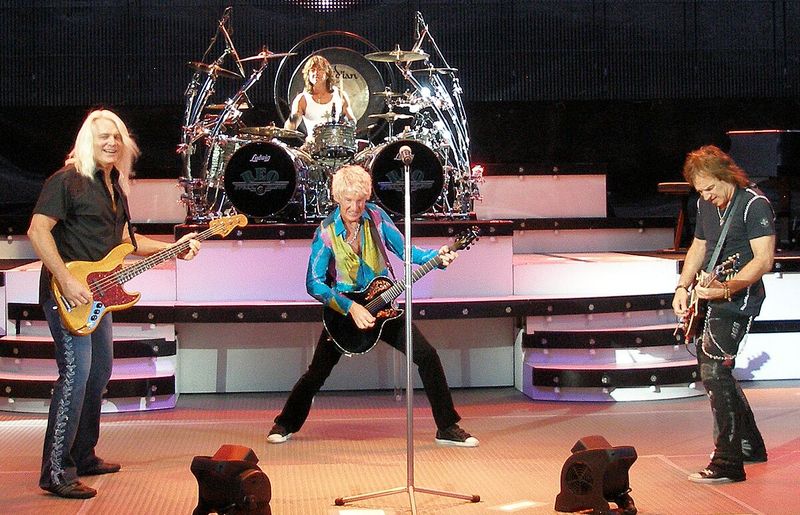
Arena rock anthems were REO Speedwagon’s specialty, filling stadiums with power chords and sing-along choruses. Kevin Cronin’s earnest vocals delivered straightforward rock songs that connected with blue-collar audiences across America during the late ’70s.
Their approach to rock music followed well-established formulas without much innovation or artistic growth. While fans loved the familiarity, critics found their output predictable and safe. The band seemed content to repeat successful patterns rather than explore new musical directions or challenge themselves creatively.
Generic might be too harsh a word, but REO Speedwagon rarely surprised listeners with unexpected musical choices. Their consistency pleased fans but left critics wondering what the band might have achieved with more adventurous songwriting and willingness to take risks beyond their comfort zone.
7. Boston
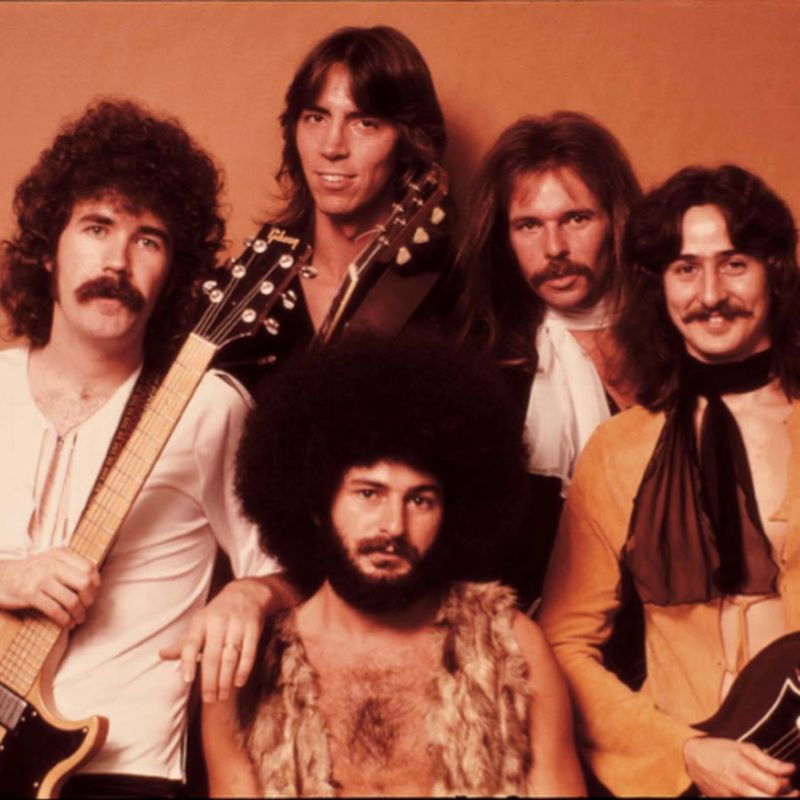
Tom Scholz’s meticulous studio craftsmanship created some of the most polished rock sounds of the ’70s. Boston’s debut album showcased soaring guitar harmonies and crystal-clear production that set new standards for arena rock recording techniques.
This perfectionist approach, however, led to criticism about formulaic songwriting and lack of creative boundaries. Many songs followed similar structures with predictable chord changes and arrangements. The band’s sound became instantly recognizable but also somewhat limiting in its scope and ambition.
While “More Than a Feeling” remains a classic, Boston’s catalog revealed a narrow range of musical exploration. Scholz’s technical brilliance couldn’t disguise the fact that many tracks sounded like variations on the same theme, leaving listeners wanting more diversity and creative risk-taking from such talented musicians.
8. Styx
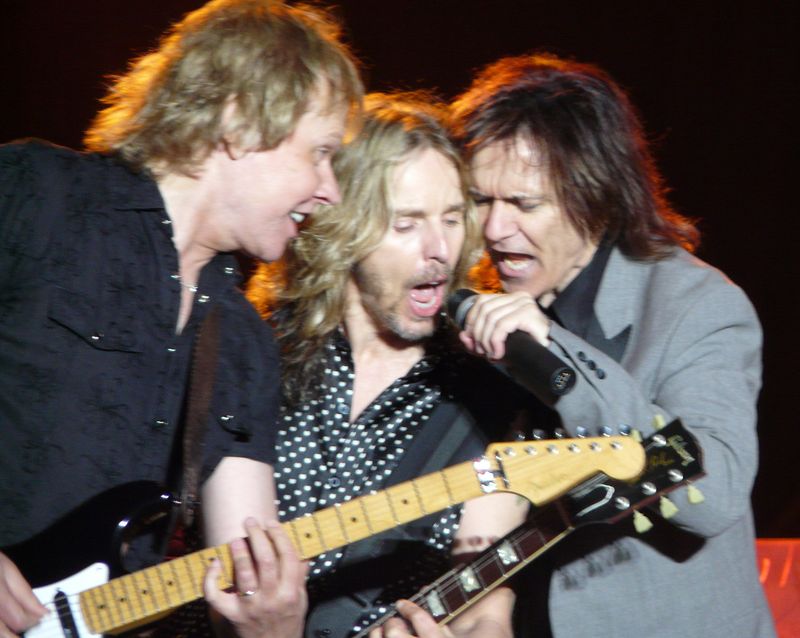
Theatrical rock opera met pop sensibilities in Styx’s ambitious blend of styles throughout the ’70s. Dennis DeYoung’s dramatic vocals and the band’s willingness to experiment with everything from hard rock to synthesizer-driven ballads created a unique but polarizing sound.
Critics often argued that Styx’s style overshadowed substance, with elaborate concepts sometimes masking weaker songwriting. Their theatrical elements could feel gimmicky rather than genuinely innovative. The band’s frequent style changes suggested a lack of clear musical identity or direction.
Tommy Shaw’s guitar work and the band’s technical skills were never in question, but their tendency to chase trends rather than establish them left many wondering about their authentic voice. Styx succeeded commercially but struggled to maintain critical respect due to their seemingly scattered artistic focus and reliance on spectacle.
9. Aerosmith
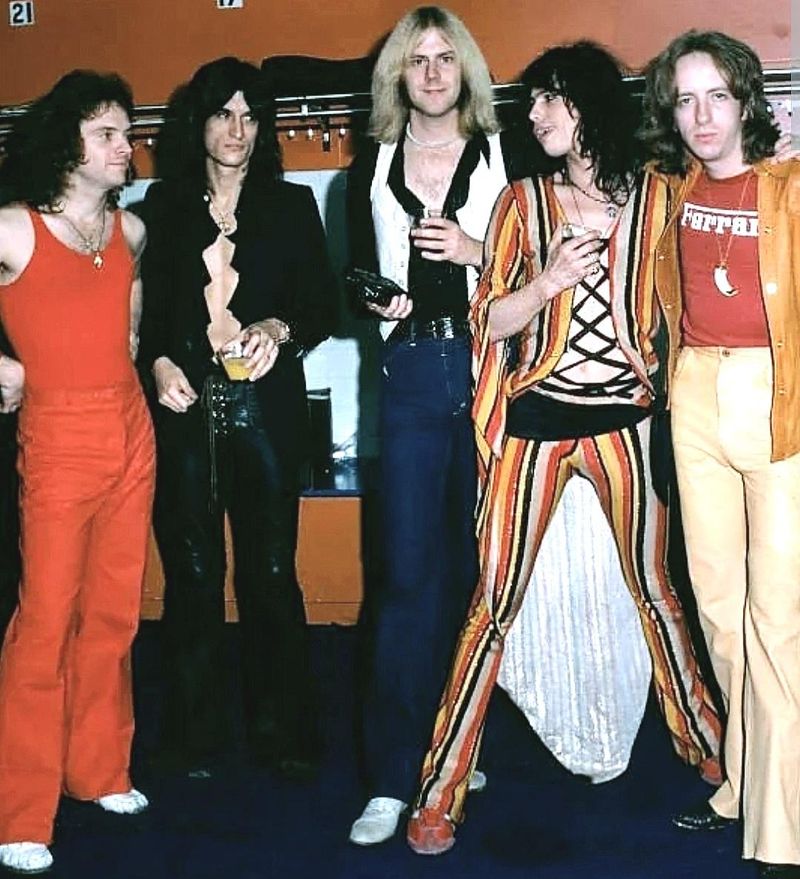
Boston’s bad boys brought blues-rock swagger to the ’70s scene with Steven Tyler’s distinctive wail and Joe Perry’s guitar prowess. Their early albums showcased raw energy and undeniable chemistry that would influence countless future rock bands.
Despite their talent, critics noted that much of Aerosmith’s ’70s output relied heavily on established blues and rock tropes without significant innovation. They perfected existing formulas rather than creating new ones. Their greatest fame came later through commercial success and collaborations rather than groundbreaking early material.
Drug problems and internal conflicts also hampered their creative consistency during this crucial decade. While songs like “Dream On” became classics, Aerosmith’s ’70s reputation was built more on attitude and energy than on revolutionary musical contributions that pushed rock music into uncharted territories.
10. Yes
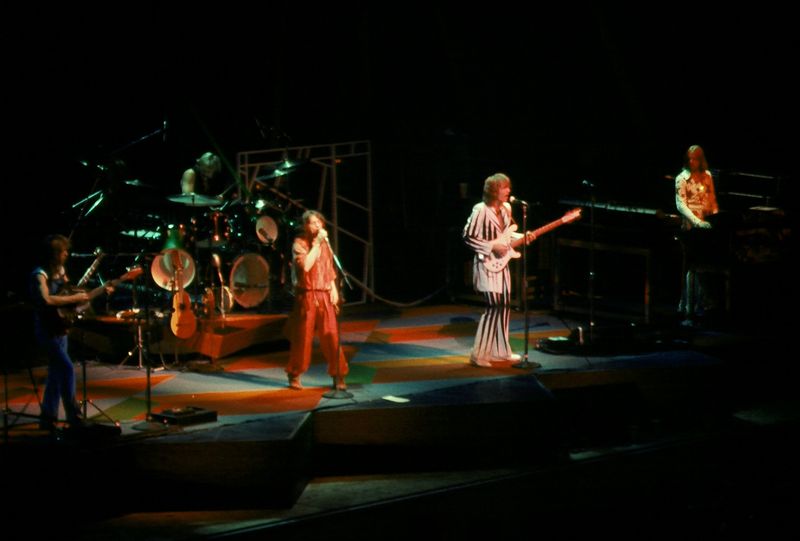
Progressive rock reached its most ambitious heights with Yes and their complex musical arrangements. Jon Anderson’s ethereal vocals soared over intricate instrumental passages that showcased each member’s technical virtuosity and classical music influences.
Critics frequently accused the band of self-indulgence, creating lengthy compositions that prioritized technical showmanship over memorable melodies. Their 20-minute epics could feel pretentious to listeners seeking more accessible songwriting. Complex time signatures and elaborate solos sometimes overshadowed the emotional core of their music.
Rick Wakeman’s keyboard wizardry and Steve Howe’s guitar work were undeniably impressive, but Yes often seemed more concerned with demonstrating their abilities than connecting with audiences. Their progressive experiments pushed boundaries but sometimes left listeners behind in a maze of musical complexity that felt more like academic exercise than entertainment.
11. Queen
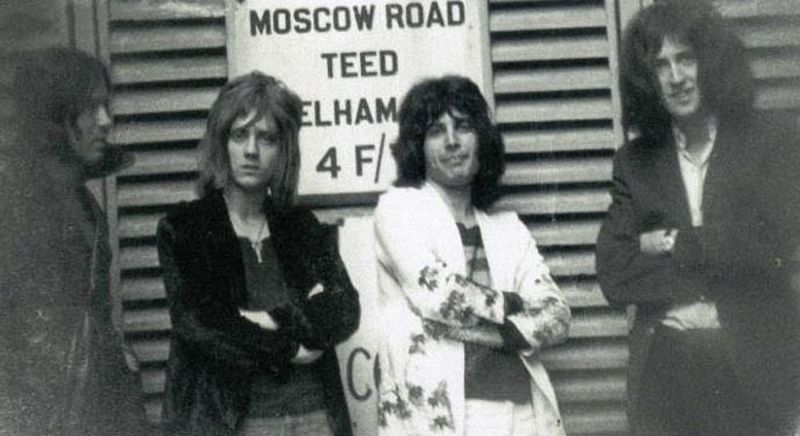
Freddie Mercury’s theatrical presence and Queen’s genre-blending experiments made them one of rock’s most distinctive acts. Their willingness to incorporate opera, folk, and hard rock into single albums showed remarkable ambition and musical fearlessness.
Some critics argued that not all of Queen’s experimentation worked successfully, with certain songs feeling overwrought or pretentious. Their legend grew more from anthemic sing-alongs and spectacular live performances than from consistent album-to-album quality. Mercury’s charisma sometimes overshadowed weaker material in their extensive catalog.
Brian May’s guitar innovations and the band’s vocal harmonies were genuinely groundbreaking, but Queen’s reputation may have been inflated by their most famous moments. Their influence is undeniable, yet some argue that their experimental misses were overlooked due to their powerful stage presence and memorable hits.
12. Fleetwood Mac
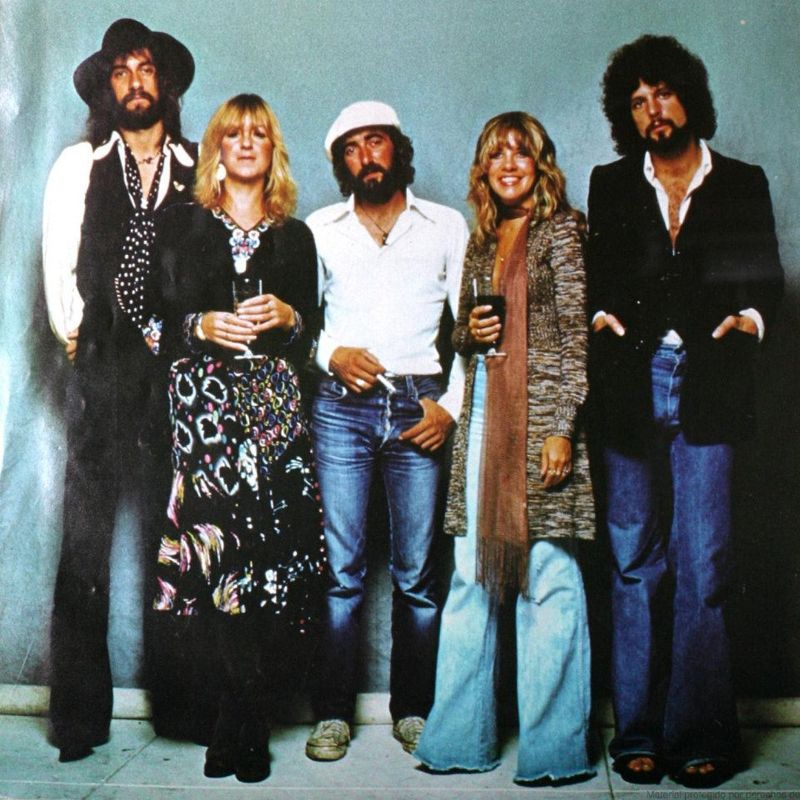
Personal drama became public entertainment when Fleetwood Mac’s romantic entanglements fueled their late ’70s masterpiece “Rumours.” The album’s success created a template that the band struggled to escape, with their interpersonal relationships becoming as important as their music.
Critics suggest that the hype around their behind-the-scenes soap opera sometimes overshadowed periods of weaker songwriting and uneven albums. Not every record matched “Rumours” quality, yet expectations remained impossibly high. Their image as tortured artists in love triangles became more compelling than some of their actual musical output.
Lindsey Buckingham’s production skills and Stevie Nicks’ mystical presence created undeniable magic, but Fleetwood Mac’s reputation may have been inflated by fascination with their personal lives rather than consistent artistic excellence throughout their extensive catalog of varying quality.

Comments
Loading…